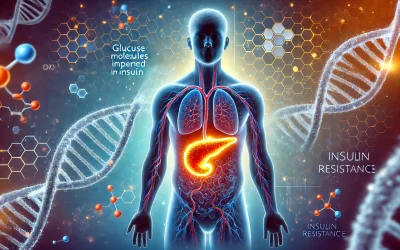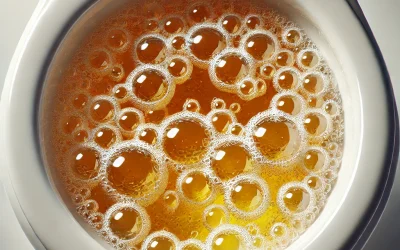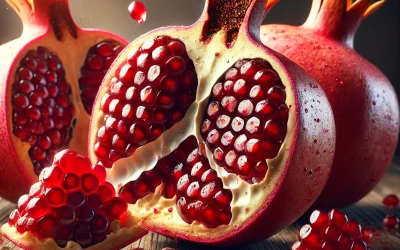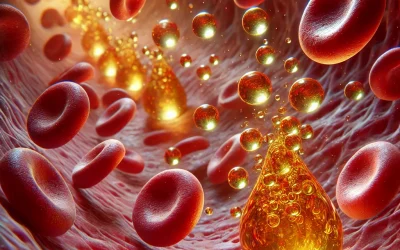Energy drinks have gained widespread popularity, particularly among individuals seeking a quick boost in alertness and stamina. However, for those managing diabetes, the high sugar content and caffeine levels in these beverages pose significant risks. The rapid spikes in blood sugar, coupled with the effects of stimulants, can lead to insulin resistance over time and contribute to worsening glycemic control.

How Energy Drinks Affect Blood Sugar and Insulin Response
Energy drinks often contain a combination of high sugar content, caffeine, and artificial additives, all of which have varying effects on insulin response. For individuals with diabetes, these drinks can lead to rapid spikes in blood glucose, followed by crashes that may increase cravings and disrupt blood sugar management.
- High Sugar Content – Many energy drinks contain excessive amounts of sugar, often in the form of sucrose, glucose syrup, or high-fructose corn syrup. These sugars are rapidly absorbed into the bloodstream, causing a sharp increase in blood glucose levels, which forces the pancreas to release a large amount of insulin.
- Caffeine and Stress Hormones – Caffeine, a primary ingredient in energy drinks, stimulates the release of stress hormones like cortisol and adrenaline. These hormones can increase blood sugar levels by signaling the liver to release stored glucose, potentially leading to insulin resistance over time.
- Artificial Additives and Sugar Alternatives – Some energy drinks use modified carbohydrates, such as maltodextrin, or sugar alcohols to enhance sweetness while avoiding the label of “high sugar.” However, these additives can still cause insulin spikes and gastrointestinal issues, depending on individual tolerance.
Comparing Sugar, Corn Syrup, and Glucose Additives in Relation to Insulin Response
| Additive Type | Effect on Blood Sugar | Impact on Insulin Response | Long-term Considerations |
|---|---|---|---|
| Sucrose (Table Sugar) | Rapid increase in blood glucose | Triggers a sharp insulin spike | Can contribute to insulin resistance and weight gain |
| High-Fructose Corn Syrup | Slower glucose response but increased fat accumulation | Less direct insulin stimulation, but promotes fatty liver | Associated with metabolic disorders, insulin resistance, and obesity |
| Glucose Syrup | Very rapid absorption, leading to a sharp rise in blood sugar | Requires a large insulin response | Can cause reactive hypoglycemia and increase diabetes risk |
| Maltodextrin | High glycemic index, leading to a fast glucose spike | Rapid insulin demand similar to glucose | May worsen blood sugar control in diabetics |
| Sugar Alcohols (e.g., Sorbitol, Xylitol) | Minimal impact on blood glucose | Does not trigger insulin release | Can cause digestive discomfort in large amounts |
| Artificial Sweeteners | No direct blood sugar impact | No insulin response | Some studies suggest they may affect gut bacteria and glucose metabolism |
The Long-Term Consequences of Consuming Energy Drinks for Diabetics
For individuals managing diabetes, frequent consumption of high-sugar and caffeinated beverages can contribute to long-term complications, including:
- Insulin Resistance – The pancreas may struggle to produce enough insulin, leading to higher blood sugar levels.
- Cardiovascular Strain – Caffeine and sugar together can increase blood pressure and heart rate, elevating cardiovascular risks.
- Increased Risk of Type 2 Diabetes – Repeated blood sugar spikes over time can contribute to the development or worsening of diabetes.
- Metabolic Dysfunction – Excess sugar consumption can lead to obesity and fatty liver disease, further complicating diabetes management.
Conclusion
Energy drinks pose significant risks for individuals with diabetes due to their high sugar content, rapid glucose absorption, and stimulatory effects on the body. While artificial sweeteners and sugar alcohols offer alternatives, they are not without concerns. Managing diabetes effectively requires a focus on balanced nutrition, avoiding high-sugar and high-caffeine products, and maintaining stable blood sugar levels through mindful dietary choices.




































